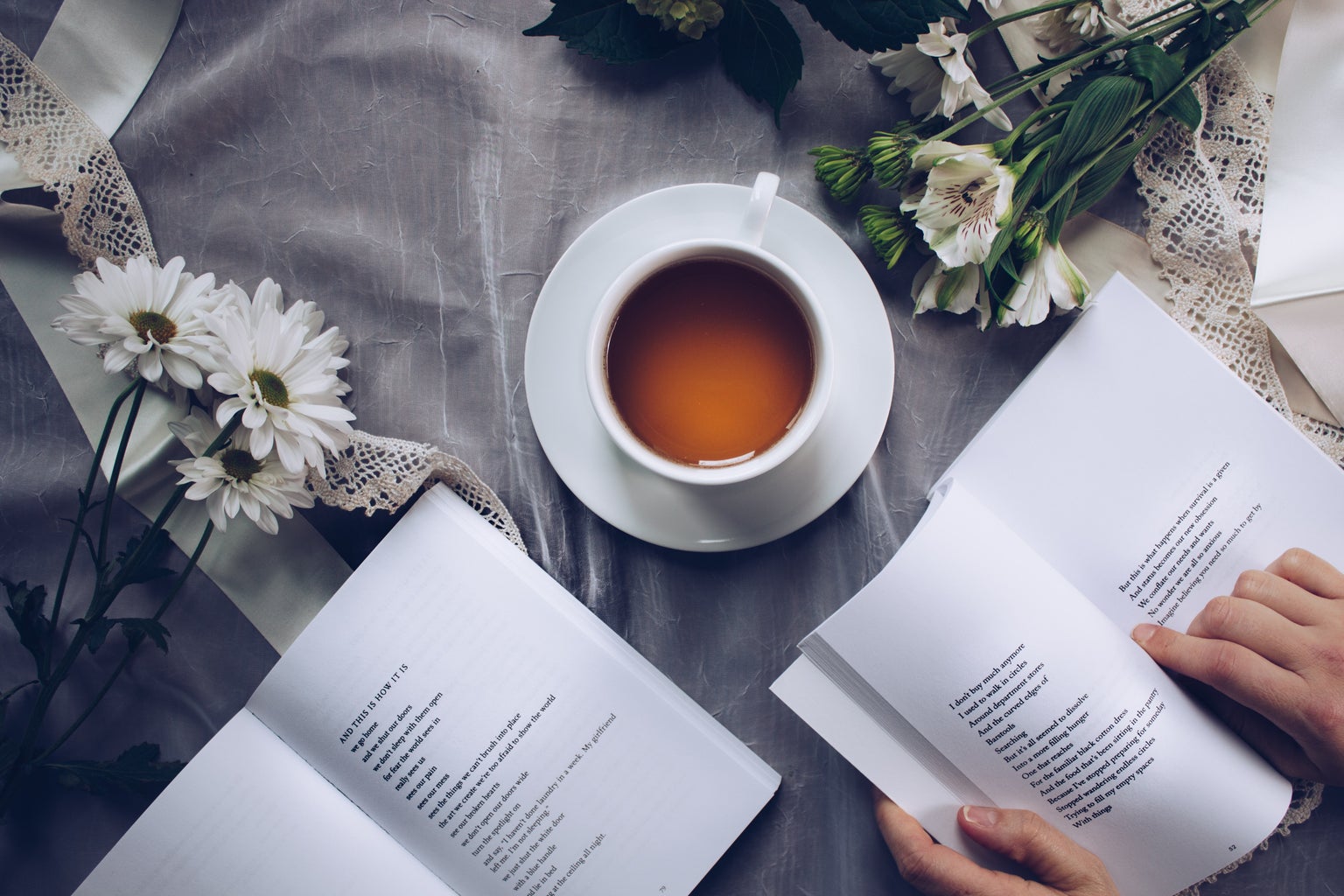“I’m in my Jo March era,” I joked with my friends as I submitted my application to write for the Queen’s chapter of Her Campus. “Writing sell-out fluff pieces just to be published.”
I have a lot in common with one of the literary world’s most memorable heroines. Like Jo, my short temper can get the best of me. Like Jo, I deeply value creativity and self-expression and I champion female community and sisterhood. Also like Jo, I sometimes convince myself that my long hair is my one true beauty. But Jo and I disagree on one key point: the merits of writing for women.
Writing for Her Campus has helped me to confront my own internalized misogyny.
For a long time, I’ve had a fraught relationship with my femininity, a combination of longing and distance shaped by the push and pull of male expectations. I policed my own femininity and carefully controlled how and when I would perform it. My decisions of what displays of femininity were “acceptable”, were largely dictated by how I would be perceived by men. Femininity was only okay when it catered to an ideal of male-defined desirability, like if my perceived delicacy made me seem romantic or alluring, someone to be coddled and protected and swooned over. In other words, I was a “pick me” girl.
I rolled in social circles that deemed “not like other girls” a compliment and branded “feminist” a dirty word. Feminists were characterized as joyless man-haters, incapable of nuance, and – most nightmarish of all to my “pick me” mentality – undesirable. So I’d pride myself on my irreverence and detachment and edgy “dark” humour, convincing myself that the discomfort I felt around certain men was the product of my own over-sensitivity, rather than the result of their own lack of tact and respect.
When it came to professional spheres, I was even less permissive with my femininity. I avoided any hint of feeling in my writing, fearing that any emotionality would be taken as proof that I was incapable of intellect and reason. The Victorian tradition of a male-passing pseudonym seemed a welcome possibility and I felt most secure signing my papers with the anonymity of my student number.
In the early years of my English major, I purposefully avoided basing any academic papers around “women’s issues.” Even if a feminist framework was an idea I really connected with, I’d opt for anti-capitalist and post-modern critiques, thinking it’d set me apart from the other girls in the class. Looking back on it now, it’d be an honour to be grouped with such bright, capable women and such talented, industrious writers.
This school year, I couldn’t be happier or more thankful to be part of the Her Campus team. I appreciate the unique platform that Her Campus gives women’s issues, creating a community where issues such as reproductive justice and mental health can be discussed in a way that is personal and conversational. Outside of the rigid and hyper-polished domains of the academic writing I produce for my coursework, Her Campus gives me the platform to express myself with authenticity and courage.
Though I’m still gathering the bravery to write about personal experiences like my mental health in a medium with the permanence and transparency of online publication, I don’t dismiss my early beauty and lifestyle writing with Her Campus as “sell-out fluff pieces” either. I can discuss social media and beauty trends in thoughtful, incisive ways, like covering TikTok’s #cleanmakeuplook through the framework of interrogating the racial and fat-phobic overtones that shape how these beauty standards are defined.
Unlike Jo, but much like her creator, Louisa May Alcott, I respect and care about my audience enough to never pander or speak down to them. Women’s interests are as diverse and powerful as the women who read and write about them.
Writing about women’s issues isn’t frivolous and writing about women’s interests isn’t trivial. Moreover, women’s issues aren’t limited to women. The responsibility to dismantle and challenge systems of oppression is not the exclusive responsibility of women, and the destructive effects of these systems do not exclusively affect women either.
///
Despite how some political pundits may misconstrue it, feminism isn’t just a women’s issue. Feminism is for everybody and for all genders.
Oppressive standards of patriarchy and heteronormativity don’t just harm women – they punish any and all people who fall outside the rigid uniformity of gender roles and social norms. When my male friend stays on the phone with me until 2 AM complaining about how his male friend group is emotionally unresponsive, I wonder if he realizes he’s decrying the same systems I contest when I criticize how his friends treat women with the selfish and depersonalizing focus of male pleasure.
I wonder why I have to focalize men for him to listen and take me seriously.
///
These days, I embrace my femininity.
I know I’m a Cancer sun, Taurus moon, and Scorpio rising. I relish checking my daily horoscope and I laugh when it tells me I’m sentimental and self-indulgent. I heart-react messages just to show I’ve read them because I find the hearts cute. I have entire Pinterest boards dedicated to Halloween costumes and my go-to perfume is Good Girl Legere by Carolina Herrera. According to my Spotify Wrapped 2020, I was in the top 0.05% of Taylor Swift listeners last year. (I can imagine the eye-roll of the guys I used to chase validation from. If confessing that you enjoy Hot 100 artists – and in the case of Taylor Swift, genius lyricism – is a threat to how interesting you are, you’re probably not very interesting at all.) None of these stereotypically “girlie” things confer femininity upon me, but I no longer feel the need to hide or shun them either.

I embrace my femininity by speaking up about what I care about and having the courage to be disliked. My femininity is dimensional, dynamic, and empowering.
Reclaiming my femininity has given me the chance to re-define and re-envision my own concept of femininity, one that allows me to be soft and nurturing and light, as well as one that allows me to be angry and assertive and outspoken when I want and need to be.




